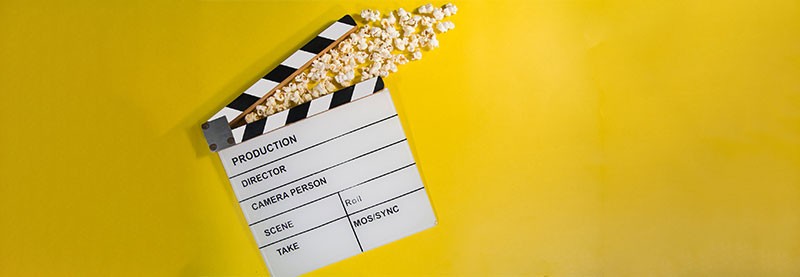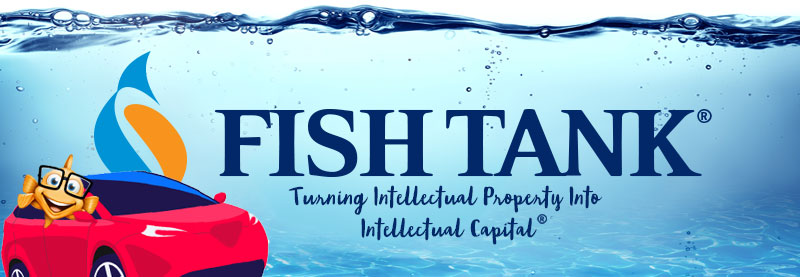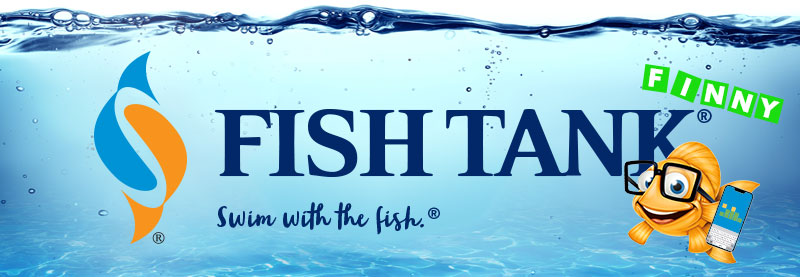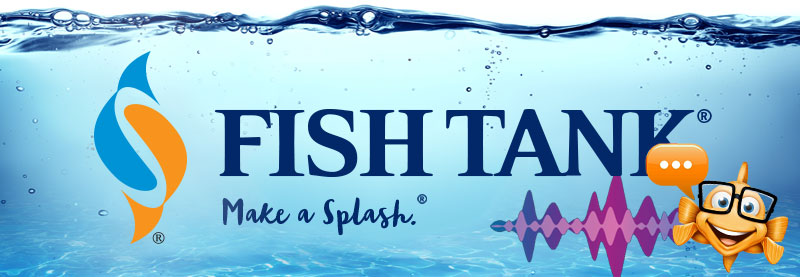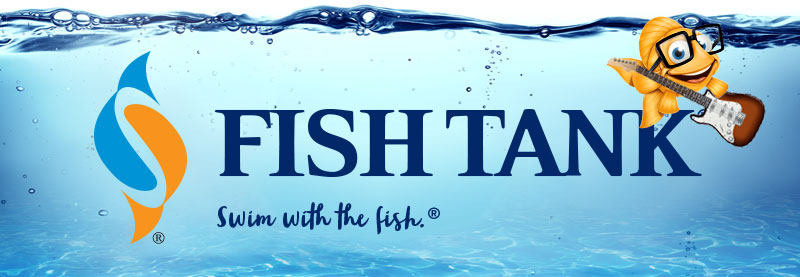Intellectual Property Insights from Fishman Stewart PLLC
Newsletter – Volume 23, Issue 23
Share on Social
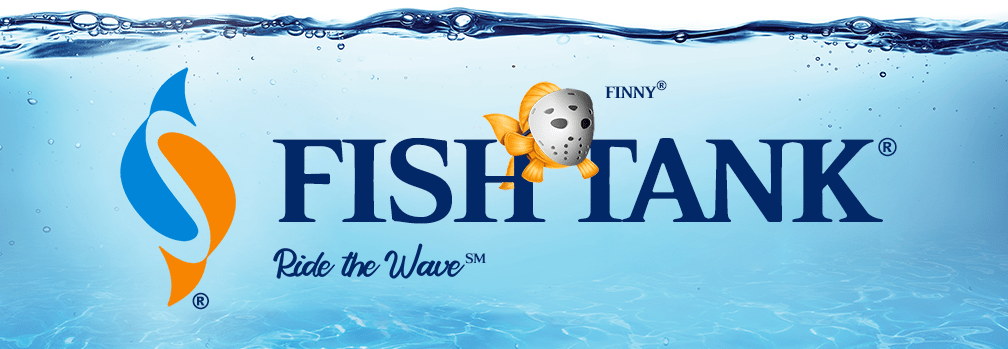
Remaking Friday the 13th
By Kristyn Webb
Happy Friday the 13th! You may recall our last article on this theme was authored by Norm Freda. Here is a brief recap before we update you on the latest in the legal battle over the copyrights to the classic horror film Friday the 13th.
Back in 1979, Victor Miller was hired to write a screenplay that would later become the Friday the 13th movie released in 1980. He was paid around $9,200 and the film went on to make $40 million at the box office and spawned nearly a dozen sequels, several video games, a television series, along with music and merchandise. Fast forward to 2016, Miller sought to reclaim his ownership in the copyright of the screenplay. Under United States copyright law, an author of a work may terminate an assignment or license of a copyright decades after the assignment or license was made. This allows an author to “claw back” their copyrights—which happens more often when a work becomes commercially valuable. For example, Disney’s Marvel franchise has been fighting legal battles with the estates of the artists who created characters such as Spider Man, Doctor Strange, Thor, Black Widow, and Iron Man. However, when an employee creates a work within the scope of their employment, the work is “made for hire” and the employer is considered the author of a work.
After years of litigation and appeals, Miller won back his copyrights. He was not an employee, so, Miller retained his status as the screenplay’s author. Though he had assigned his rights to his employer in 1979, as the author, he was entitled many decades later to terminate that assignment and reclaim his copyrights in the screenplay.
Now, the producer of the 1980 film, Sean Cunningham, has announced plans to move forward with another story in the Friday the 13th universe. Many of the elements recurring in the sequels and derivatives that followed the 1980 film incorporated protected elements of Miller’s screenplay. Procuring rights from Miller to make further sequels or spin-offs may be expensive, or even impossible. So, Cunningham has announced plans to shift course and make a prequel. This strategy may help him navigate around the copyrighted elements owned by Miller, without sacrificing too much of the established storyline or creating narrative plot holes that might riddle a sequel or equal story.
The prequel, called “Crystal Lake” is set to be a television series to be released in 2024. For fans of the franchise, this is long overdue, since the last film was released in 2009. For copyright fans, this is another plot twist in the ongoing saga of Friday the 13th.
Kristyn Webb is the Group Leader of Fishman Stewart’s Copyright Practice Group, and is currently earning a Master’s Degree in Copyright Law at King’s College London.

Related Content from Fishman Stewart
Car enthusiasts are buzzing about Alfa Romeo's latest SUV which is also its first EV (plus a hybrid option). Initially branded as “Milano,” the name was changed to "Junior" after it was announced that the car would be produced in Poland.
The online word game Wordle was created in 2021 by Josh Wardle and quickly rose in popularity. Players receive a new puzzle daily with six chances to correctly guess a five-letter word of the day with limited clues.
In a recent decision, the U.S. Court of Appeal for the Eighth Circuit affirmed a jury verdict holding that the use of the "Success Kid" meme by a congressman's reelection campaign for fundraising purposes did not qualify as fair use.
In February 2024, proposed legislation was introduced in US House of Representatives which would extend copyright protection to golf courses. The bill is titled “Bolstering Intellectual Rights against Digital Infringement Enhancement Act” or the “BIRDIE Act”.
OpenAI recently held a live demonstration of a new ChatGPT version that included the use of an AI personal assistant voice dubbed “Sky.” Many observers compared Sky to Scarlett Johansson’s voice in the 2013 Spike Jonze romantic sci-fi film “Her,” which centers on a man who falls in love with the female voice of his computer’s operating system.
June is Pride Month, which honors the 1969 Stonewall Uprising in Manhattan and recognizes the impact that lesbian, gay, bisexual, and transgender (LGBTQ+) individuals have had on history locally, nationally, and internationally. The United States Patent and Trademark Office flies the Pride Flag and promotes the Pride community’s contributions with programming offered annually.
First-time inventions have led inventors to great successes throughout history, sometimes immediately, sometimes after several more attempts at more useful inventions. In the U.S., two very famous inventors with contrasting first-time experiences are Thomas Edison and Alexander Graham Bell.
June is Pride Month. This year we are celebrating with some IP tips for drag performers! Drag performers can protect their intellectual property by registering the copyrights in their original works of music, choreography, and comedy sketches.
Bands often start out as creative endeavors among friends, and bands may not prove lucrative for many years, if at all. Until bands break up, thought and planning may not be given to who is the owner of the band names and entitled to use them going forward.
You’re rarely more than a few yards from Finny’s favorite chips, semiconductor chips to be precise. But what exactly is a semiconductor chip?
IDENTIFYING, SECURING AND ADVANCING CREATIVITY®


